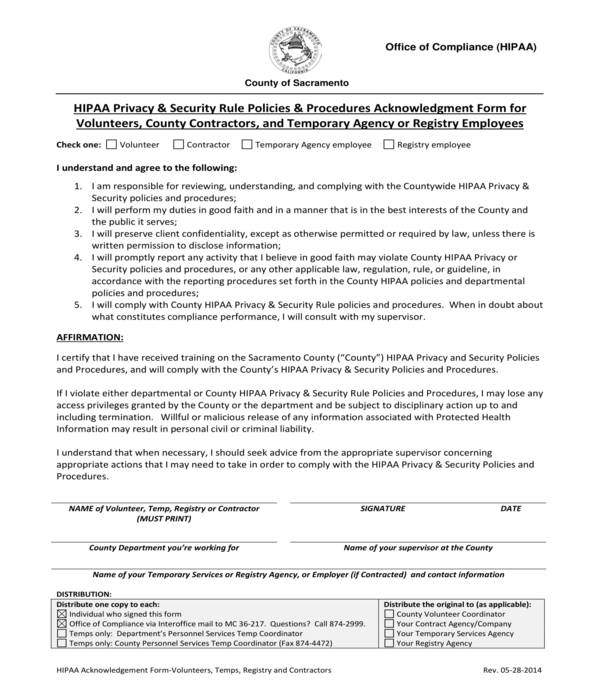

The most relevant section of HIPAA for IT service providers is referred to as the Security Rule.


These agreements contractually obligate the providers to protect the privacy and security of the ePHI they handle on the client’s behalf.įurthermore, IT providers may need their subcontractors to sign a business associate agreement if they handle ePHI for the provider’s client. This requires them to comply with portions of HIPAA.įor example, most MSPs and VARs are required to sign a “business associate agreement” with each healthcare client. IT service providers are typically considered “business associates” of their healthcare clients. This includes anyone who is under the “direct control” of the organization, whether or not they are paid. Workforce – All employees, volunteers, and trainees of a covered entity or business associate.Additionally, the subcontractors of business associates who handle ePHI are also subject to the rules. Examples include services for medical transcription, insurance processing, and network management. Business associates – Service providers who receive, create, maintain, or transmit ePHI for a covered entity.They include most health plans, healthcare clearing houses, and healthcare providers. Covered entities – Healthcare organizations that handle ePHI.HIPAA classifies those who must comply into three groups: Organizations that are covered by the act must protect all ePHI that is received, created, maintained, or transmitted. HIPAA outlines specific standards for protecting this data, including requirements for network security and management. The electronic form of this information is called ePHI. It is sometimes described as “personally identifiable health information.” It can be written, verbal, or in any other format. PHI is typically associated with a specific patient, such as a person’s blood test results or appointment dates. Many of them affect the management of “protected health information” (PHI). HIPAA sets a broad range of standards for the administration of healthcare. “HIPAA” is used generally to refer to the original act and its later changes. The act originally passed in 1996 and has since been updated and expanded several times. HIPAA is an acronym for the Health Insurance Portability and Accountability Act. Does HIPAA affect IT service providers?.Here are answers to 5 FAQs to get you started: HIPAA Compliance for IT Providers: Top 5 questions Before they can serve clients in healthcare, MSPs and VARs need to understand HIPAA compliance.


 0 kommentar(er)
0 kommentar(er)
